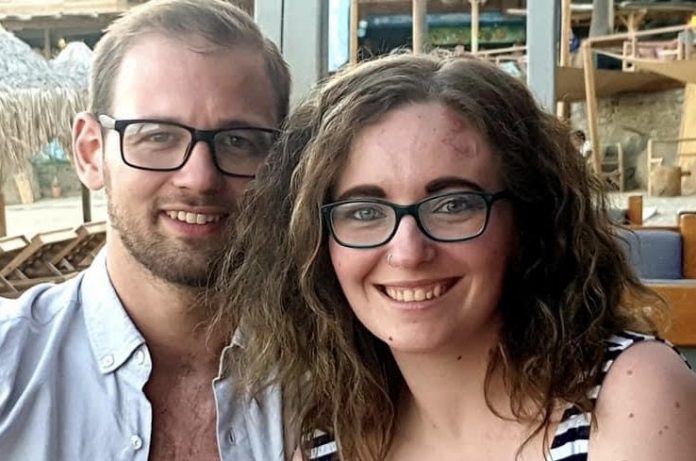I was first diagnosed with skin cancer (malignant melanoma) at the age of 19 following my first visit to a dermatologist. I was referred to a dermatologist due to my high number of irregular moles and because there is a history of skin cancer in my family.
Being diagnosed
During this appointment, the skin specialist looked over me and examined many of my moles. She indicated that one on my ankle looked particularly dark and took a biopsy of this mole to be sent for further testing. The mole came back as being a malignant melanoma and I was then sent for further surgery (a wide excision) to remove any existing cancer from the area.
After this appointment, I was then informed I would be seen every three months for further checks. If there were no concerns, my appointments would become every six months and then eventually yearly.
Since I was 19, I have had six malignant melanomas (over 30 mole removals) in various locations on my body and will remain under the skin care clinic for the rest of my life for regular check ups.
My most recent melanoma was when I was pregnant at the age of 28. I had a mole removed on my forehead and then further surgery to again ensure all of the cancer had been removed. I was fortunate not to have to have a skin graft but had a skin flap instead (skin was taken from another part of my forehand and turned to cover the missing area.)
Family history
Shortly before this last procedure, I was referred to a genealogist who specialised in hereditary conditions and cancers. She took my medical history and we discussed my family history with melanoma. My mother has had it twice, my uncle has had it and my great nan died of it. The results came back that I do in fact have a gene mutation called CDKN2A. This gene mutation means I am highly likely to contract malignant melanoma, breast cancer and pancreatic cancer.
Since being diagnosed, multiple members of my family have also been tested and also carry the gene.
I am incredibly lucky and the constant check ups with specialist doctors has meant that I have avoided having to have any serious treamtment beyond surgery; my cancer has always been caught at stage 0.
Get your moles checked
My advice to anyone who thinks they may have an odd looking mole; a mole that has changed in size, shape, colour, diameter or has a new mole, is to visit your GP immediately.
Being proactive has saved my life. It’s never a waste of time to share your concerns with a doctor and have your moles checked.
The other bit of advice is that cancer is not a death sentence if caught early.
Sun protection
Being told I had cancer for the first time at such a young age was life changing for me, but now I have grown to accept my diagnosis and know that it will always be a part of my life but it does not define who I am as a person or how I live my life.
Going forward, I always protect myself against sun exposure (although my gene means that it is not just UV rays which can cause my cancer), I look out for my friends and colleagues and am always examining their moles. I preach to those who will listen about the dangers of using sunbeds, and I will continue to educate my family about the gene and my son so that when he is 18, he can decide or not whether he too would like to be tested for the gene. He has a 50/50 chance of carrying it and passing it on.
My darkest moment was laying on a hospital bed about to have surgery and a nurse saying ‘Oh you like sunbathing do you?’ and being told I was ‘too young to have skin cancer’. Cancer doesn’t discriminate and you can catch it at any age!
